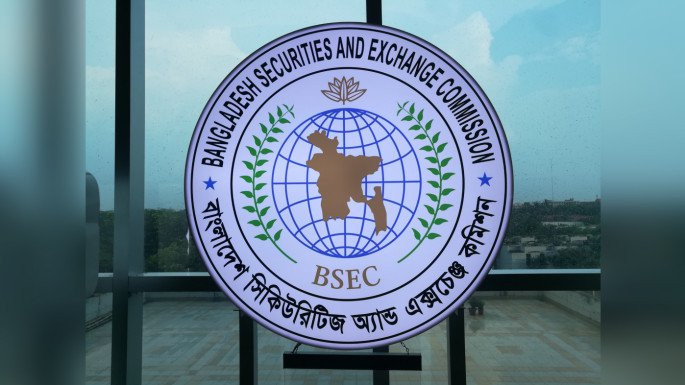The Bangladesh Securities and Exchange Commission (BSEC) will appoint an independent auditor to find out whether there are anomalies in Progressive Life Insurance.
To this end, the commission issued a tender notice on 10 September for the selection of auditors.
The securities regulator said the auditor would conduct a special audit on the financial statements of the company for the last ten years and submit the report within three months from the date of signing the contract, as mentioned in the notice.
The commission will bear the cost of the special audit from its own fund.
In September last year, the regulator formed a three-member committee to investigate the financial details of Progressive Life Insurance Company, as customers' complaints about the company's failure to settle insurance claims had been piling up.
The committee reported that the preparation and disclosure of the company's financial statements did not reflect its actual condition. They also did not comply with the different provisions of accounting standards, indicating that the company and its directors seem to have violated the related securities laws.
The committee identified huge irregularities in Progressive Life's acquisition of fixed and other assets, which were reflected inaccurately in the financial statements and disseminated its net asset value, which has been misleading investors, said sources at the BSEC.
In July, the commission reconstructed the company's board by appointing five independent directors.
The regulator has also downgraded Progressive Life Insurance to the "Z" category from the "A" category for its failure to hold annual general meetings and declare dividends for two consecutive years.
Insurance Development and Regulatory Authority officials said last year that thousands of insurance policies of the company had matured, but the clients did not get any money against their claims.
In its 2019 annual report, a statutory auditor informed the users of the company about some non-transparency in the firm's premium income, buying disputed properties, negative cash flow, and huge unpaid claims.
Source: The Business Standard
Note: This email is for research and analysis purposes only.
